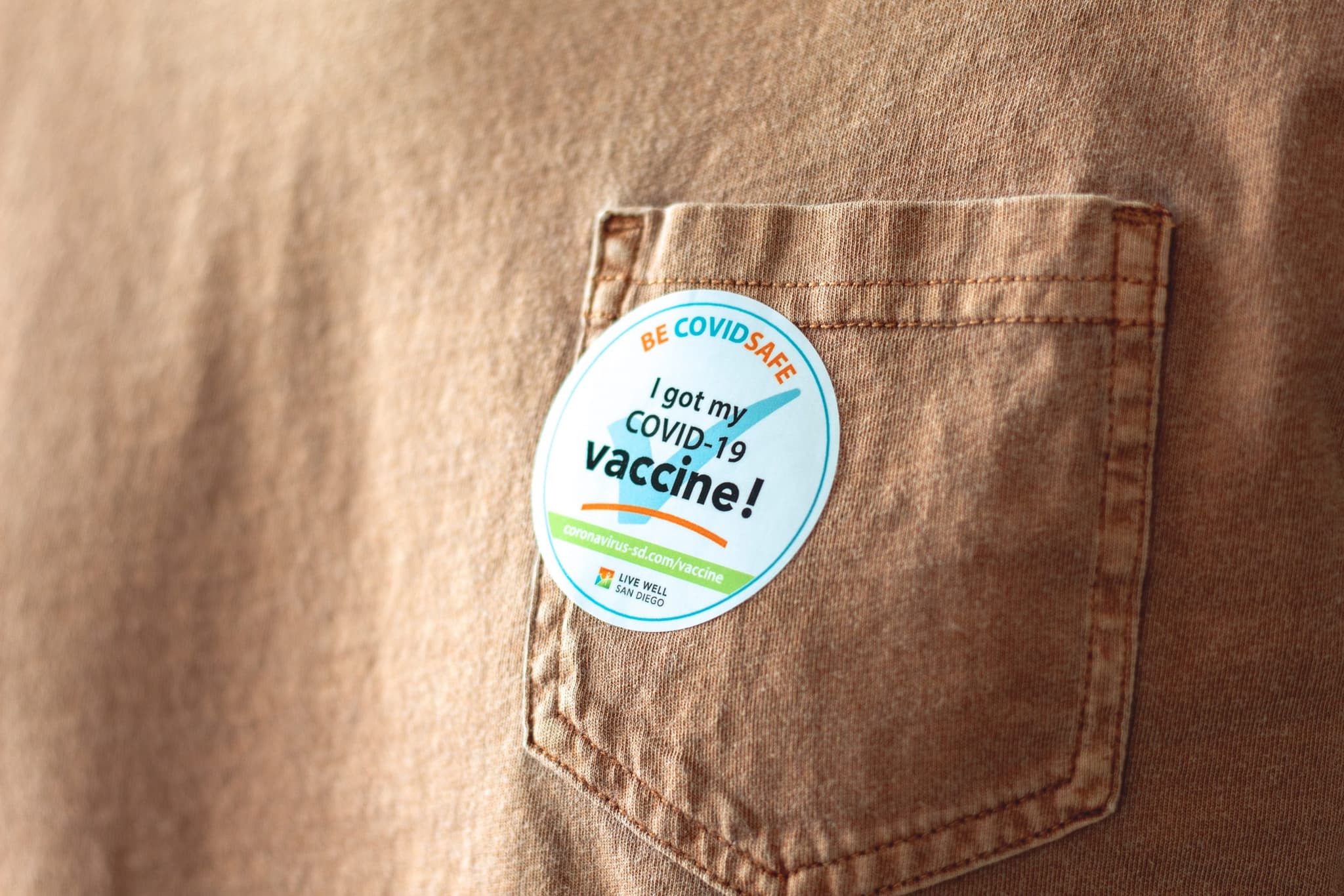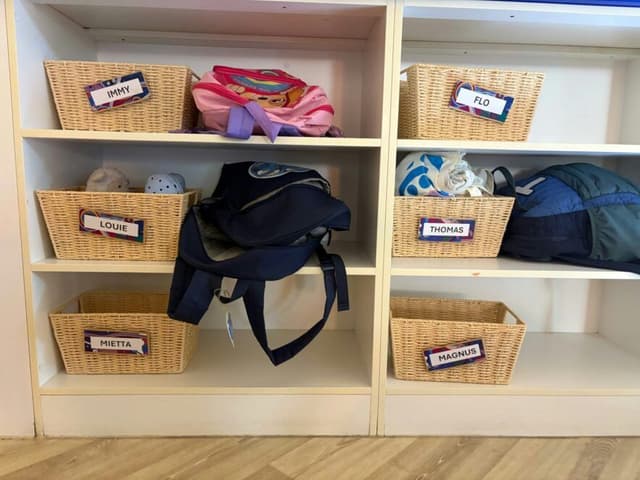COVID-19
Queensland enacts mandatory vaccination for high-risk employees, including ECEC

Freya Lucas
Dec 01, 2021
Save
Queensland’s Chief Health Officer has announced that those employed in education and care settings, including early childhood, will be required to be fully vaccinated by 11:59pm on 23 January 2022.
Workers entering education settings will also need to have received one dose of the vaccine by 17 December 2021.The ruling applies to anyone who works in, undertakes an educational placement in, or volunteers in a school, early childhood setting (including kindergartens) or childcare centre.
Examples include:
- Teachers
- Administration officers
- An employee of a company that supplies services to an education setting, such as plumbing, electrical and building services
- A contract teacher or early childhood instructor engaged for relief work
- Volunteers who assist in delivering support activities and services in education settings such as tuckshop, reading programs, etc.
- Chaplains, entertainers or support workers visiting education settings
- University students on practical placement in education settings
- Psychologists or therapists providing support for individuals in education settings
- A dentist in a school dental clinic.
Workers in higher educational facilities, such as universities, are not included in the vaccination mandate.
Providing evidence of vaccination
Education employees will have to provide evidence of their vaccination status to employers. To commence a new role in an education setting after 11:59pm on 23 January 2022, employees must be fully vaccinated.
There are 3 different types of proof of vaccination available for free:
- a COVID-19 digital certificate
- an immunisation history statement (IHS)
- an International COVID-19 Vaccination Certificate for overseas travel.
The COVID-19 Digital Certificate or immunisation history statement can be viewed and/or printed through:
- Medicare Online via MyGov
- Express Plus Medicare mobile app
- My Health Record.
Unable to be vaccinated?
For those who are unable to receive a vaccination for COVID-19 due to a medical contraindication, evidence of this needs to be provided to the employer.
A medical certificate from a registered medical practitioner stating the medical contraindication will be accepted. If the medical contraindication is temporary, the medical certificate will also need to state the time period it applies for, and a new medical certificate will need to be supplied if the contraindication continues beyond that date.
If an employee is not vaccinated because of medical contraindication, they can continue to work (if the employer assesses the risk and allows it), but must:
- use personal protective equipment (PPE) requirements consistent with the PPE guideline and COVID safe plans
- produce a negative COVID-19 polymerase chain reaction (PCR) test result each day before the start of their shift.
The requirement to be fully vaccinated does not apply to visitors to education settings.There are exceptions for emergency work, such as an unvaccinated plumber entering a school or café to perform emergency repairs to a burst pipe.
Those unvaccinated individuals who enter an education space for an emergency will need to notify their employer and the owner or manager of the facility as soon as practicable of their unvaccinated status.
Requirements for employers
Any employer that employs, contracts or engages a worker who must be fully vaccinated should inform the worker of the COVID-19 vaccination requirements and must:
- take all reasonable steps to ensure that the worker does not work if they have not met the vaccination requirements (or the PPE and daily COVID-19 testing requirements if they are unable to be vaccinated); and,
- keep a record of COVID-19 vaccination information reported to them by their workers, and store it securely.
Those who manage settings where only vaccinated people may work, including early childhood education and care, and are experiencing critical workforce shortages, can permit a worker who is unvaccinated to enter, work in, or provide services in the facility for a short period, such as three months, if:
- they have assessed the risk to other staff and other people accessing the setting;
- they reasonably believe it is necessary to respond to a critical workforce shortage;
- personal protective equipment is used by the worker in compliance with the PPE guideline and any COVID safe plans for the setting; and,
- a negative COVID-19 polymerase chain reaction (PCR) test result is provided by the unvaccinated worker before starting each work shift.
This provision allows time for employers to recruit or make alternative arrangements to ensure there are enough vaccinated workers to avoid ongoing worker shortages.
For more information please see here.
Don’t miss a thing
Related Articles



















